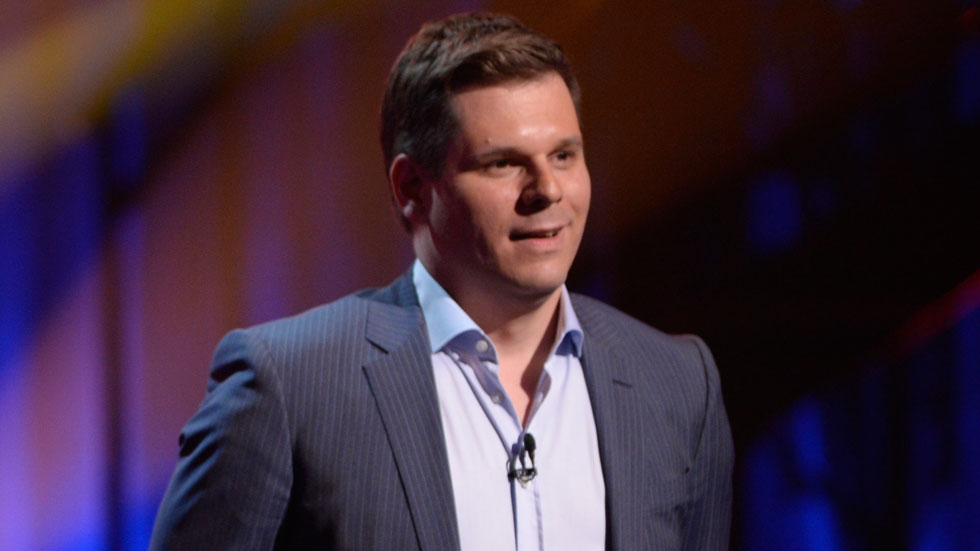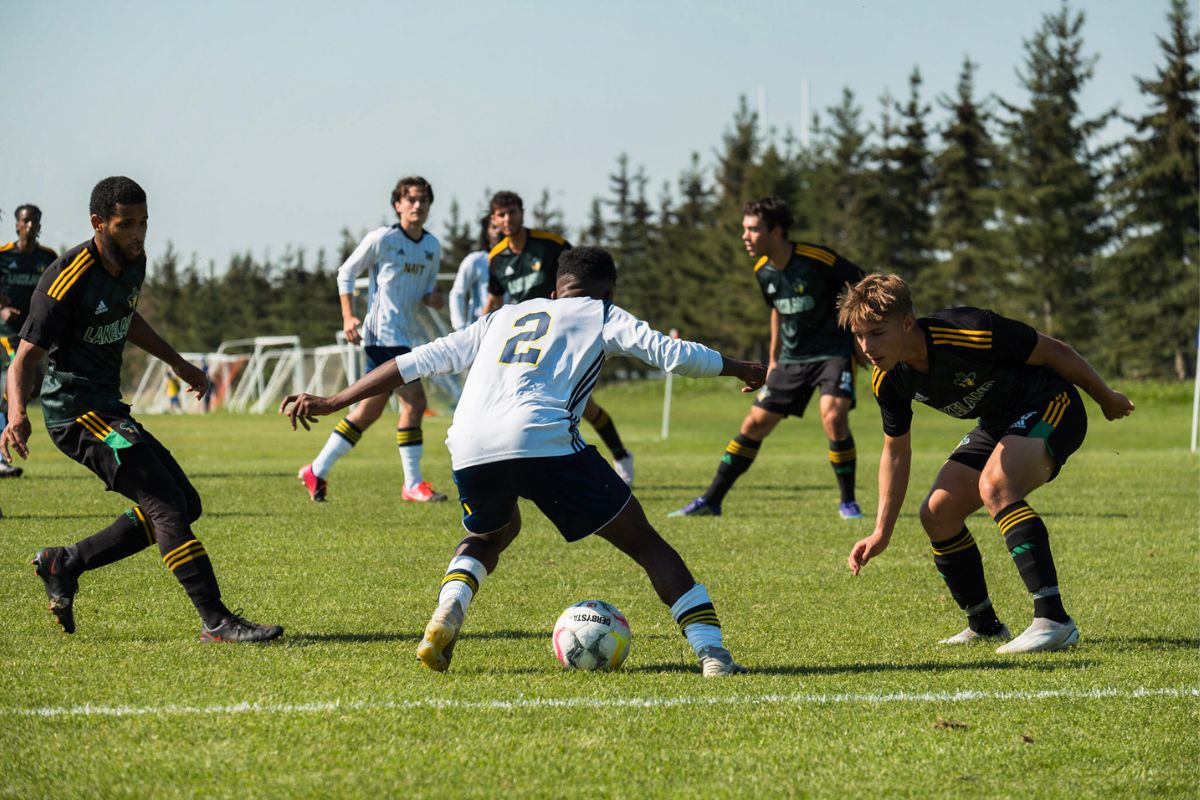Being a journalist can be scary sometimes. Here at the Nugget, the worst things we face are looming deadlines and a stomach ache from trying to eat leftover pizza a few days later than advised. Out in the real, wild world, however, it’s newsroom cuts and anxiety about the rapidly changing media landscape, risks of being arrested and imprisoned in some countries and having your communications monitored by the police.
Good thing Canada protects journalists against the latter two, right?
Unfortunately, our laws and their application don’t always align perfectly with our ideals. Take, for example, this week’s news about the Montreal police decision to monitor La Presse journalist Patrick Lagacé. The warrants were obtained as part of Projet Escouade, an internal police investigation into allegations that investigators had fabricated evidence. Montreal police chief Philippe Pichet acknowledged the importance of a free press but defended the monitoring during a press conference on Oct. 31 with the argument that it was an “exceptional situation” and that Lagacé was never under investigation, only the police.
The monitoring, which occurred for a period of several months and tracked his cellphone calls, texts and his whereabouts, was an attempt by the special investigations unit to identify Lagacé’s sources in relation to Projet Escouade. One officer implicated was Fayçal Djelidi, who was arrested in the summer and charged with perjury, attempting to obstruct justice, breach of trust by a public officer and obtaining sexual services for consideration. In total, Djelidi faces charges on nine counts and is a fair example of the severity of the situation under investigation. Five officers were arrested in July 2015 and two, including Djelidi, currently face charges.
Does this justify the invasion of privacy and the jeopardizing of the anonymity offered to journalists’ sources? I think not, and I’m not alone. La Presse’s Editor-in-Chief, Éric Trottier, condemned the monitoring on Monday, stating that “it irredeemably compromises the confidence that must exist between a journalist and his or her source so that citizens can be informed of subjects that are in the public interest and can participate in an enlightened manner in the democratic life of the country.”
The outrage over the surveillance extends far beyond Lagacé and La Presse, however, and several Canadian journalism coalitions have spoken out.
Caroline Locher, the executive director of the Fédération professionnelle des journalistes du Québec, told Montreal Gazette writer Catherine Solyom that there are likely far more journalists in this situation and that FPJQ has heard from several journalists in the last few months who believed they are being monitored.
Beyond being a disconcerting intrusion on privacy, this surveillance is damaging to the operation of a free press. “Right now, any kind of whistle blower – a citizen, someone in government who thinks they’ve just seen something reprehensible that citizens in Quebec need to know about – is looking at this saying I can’t call a journalist, they have their phone tapped!” Locher told the Gazette.
“How many who have already spoken to Patrick Lagacé and others are afraid there will be consequences for speaking to the press?”
The Canadian Charter of Rights and Freedoms states that the freedom of the press is a fundamental right in Canada that is recognized and defended by the Supreme Court of Canada. Any warrant permitting surveillance of a journalist must go through what is, in theory, a rigorous process before being approved by a judge. It must meet nine criteria defined by the Supreme Court before approval, media lawyer Mark Bantey explained to CBC, which essentially assess whether there are other means to acquire the information and if they’ve all been exhausted.
“I was stunned because the police obviously took the very drastic measures to obtain the source of information. I think it’s shocking, actually. I think it’s a serious attack on freedom of the press in Canada,” Bantey told CBC, “ … it is unprecedented. The police have issued search warrants against media outlets in the past but nothing as far-ranging as this one.”
Ultimately, shakiness in a nation’s protection of a free press is a barometer for the operation of democracy in that country. The operation of a free press – a truly free press where journalists are not put under surveillance, sources are guaranteed their anonymity and media can pursue stories without worry of persecution – is essential to the democratic process.
We call the press our watchdog, providing and sharing the information we need as citizens to make decisions about our governments, our communities and our lives. Without a freely flowing and secure ecosystem of sources and information, journalists and the media would be unable to effectively fulfill this role, leaving us without an essential part of our democratic system.
So, we might not be imprisoning or executing our journalists for doing their jobs but putting them under surveillance in order to identify their anonymous sources is a troubling step in the wrong direction.
– Danielle S. Fuechtmann, Editor-in-Chief
Image from Canoe.ca





